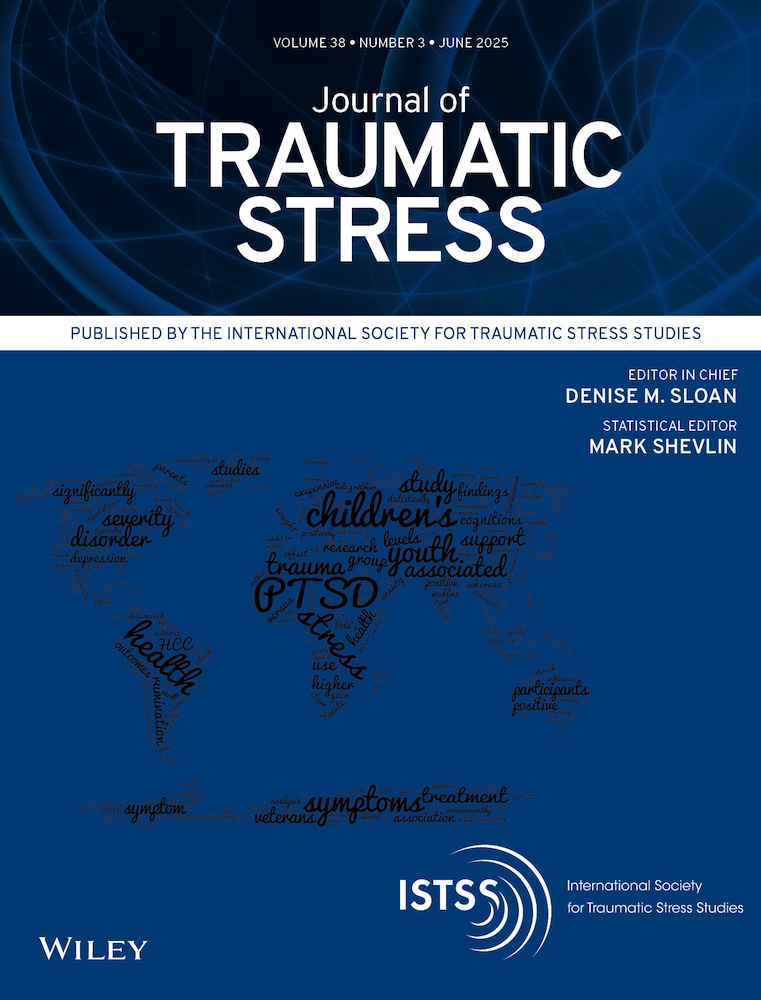Mental health consequences of the San Ysidro McDonald's Massacre: A community study
Abstract
This paper reports on the reactions of a portion of the population of San Ysidro, California, to the McDonald's massacre in 1984. Recently immigrant, poor, Mexican American women, 35–50 years of age, who were not directly involved in the accident were surveyed to determine their emotional reactions approximately 6 months following the massacre. Approximately one third of the women indicated they were seriously affected by the event. Some 12% reported had mild or severe levels of Post-Traumatic Stress Disorder (PTSD) symptomatology at some point in time since the massacre and some 6% still felt symptoms 6 to 9 months after the event. The women most affected were those having relatives or friends involved in the massacre and those with general social vulnerability (e.g., the widowed, separated, or divorced, unemployed and those with less income and fair to poor health). These women reported relatively little impact on their children. Onset and chronicity of PTSD and health care utilization patterns were also explored. Results of more intensive, open ended interviews with the women most affected by the event are summarized.




